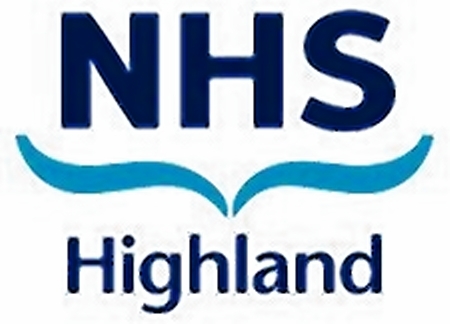Health chiefs in the north warned yesterday they will have to slash their spending by £16million over the next year – and staff costs will bear the brunt of the cuts.
The target is well short of the £22million of savings identified for 2014-15.
But NHS Highland’s finance director Nick Kenton said there would be no let-up in the drive to reduce expenditure.
The Scottish Government has approved the board’s total 2% budget cut proposals.
The staffing bill will be slashed by £5.4million and the drugs bill by £1.5million to help balance the books in a continuing era of austerity.
The savings have been outlined despite an injection of additional government funding.
NHS Highland’s budget has increased by 1.8%, almost £9.5million, for 2015-16 and it will receive an extra £11.5million from the Scottish Government as part of a drive to create a level funding playing field for health boards.
However, it has calculated that it will still need to save £16million from its budget of £789.2million – almost half of which goes on salaries.
The fresh cuts were outlined as NHS Highland chiefs prepare for a further grilling over “unanswered questions” about the board’s finances for the year 2013 -14 by members of the Scottish Parliament’s powerful public audit committee.
Mr Kenton told board colleagues at a meeting in Inverness yesterday that even with the “significant levels of uplift” for the new financial year, a “challenging savings target of £16.1million is required”.
He estimated that any staff pay rise would be limited to about 1%.
Mr Kenton said that in the year ahead there would be “a continuing squeeze on public sector finances” which would require another “challenging savings programme”.
Staff savings will primarily focus on “reductions in supplementary staffing costs, tighter vacancy control and service redesign”.
The £5.4million target equates to 1.6% of the pay bill. NHS Highland has a monthly staff turnover in the region of 8% and spends about £18million a year on supplementary staffing, excluding medical locums.
On drugs, the focus will be on generic prescribing, waste and repeat prescribing and more cost-effective prescribing across both acute and secondary care.
A review of all out-of-hours and unscheduled care provision is underway.
NHS Highland spends more than £10million annually on out-of-hours services.
Adult social care “continues to be an area of particular financial pressures”, according to Mr Kenton.
A redesign of care at home is already underway, along with a review of care packages.
Shadow Scottish Health Minister, Highlands and Islands Labour MSP Rhoda Grant, said: “I’m concerned. I’m surprised that they’re looking for such big savings given that they’ve had an uprating.
“One imagines that a lot could be saved in out-of-hours, but £1million from adult social care is most worrying, it’s a false economy.
“If you don’t have adequate adult social care you end up with them in hospital and the cost of that is much higher.
“We should be investing more in adult social care at home to keep people out of hospital to try and cut costs.”
Health board chairman, Garry Coutts, said: “Last year was tough for a number of reasons.
“I think the settlement that we’ve got from the government is better. It reflects our proper population share of the resources and the work we are doing on quality improvement, inefficiency and waste, focussing on what matters to patients is really the way ahead.
“It’s always going to be tough in the NHS, but I think we’re in a relatively good place.”
With the final figures still being calculated, NHS Highland expects to have broken even in 2014-15 after facing the unprecedented task of having to save £22.4million.
Mr Coutts said during a break in the board meeting that he and senior colleagues had been given questions by the public audit committee which they felt “comfortable” that they could answer.
In an unusual move, Mr Coutts, Mr Kenton and the board’s chief executive Elaine Mead were summoned before MSPs to explain for a second time their management of the 2013-14 accounts.
The issue has fuelled fears of further cutbacks in north health services.
The trio admitted at a hearing in February that an emergency bailout by the Scottish Government saved the health board from canceling operations.
Asked if the experience of being grilled by the committee had been painful, Mr Coutts said: “It’s always uncomfortable for bodies to be asked to speak in front of the public audit committee, but it’s an important part of the democratic process and we’re delighted to play our part in giving them an assurance about the way that we run our business.”
